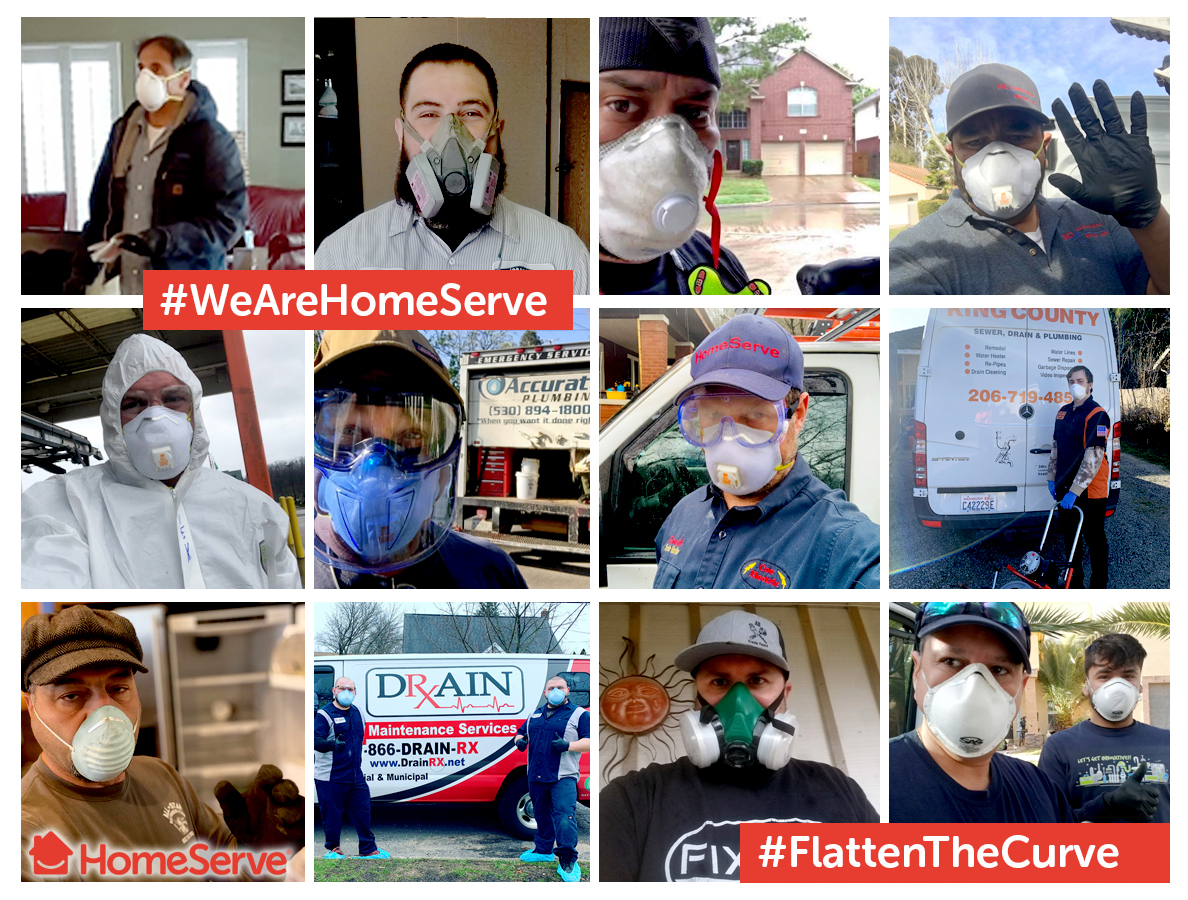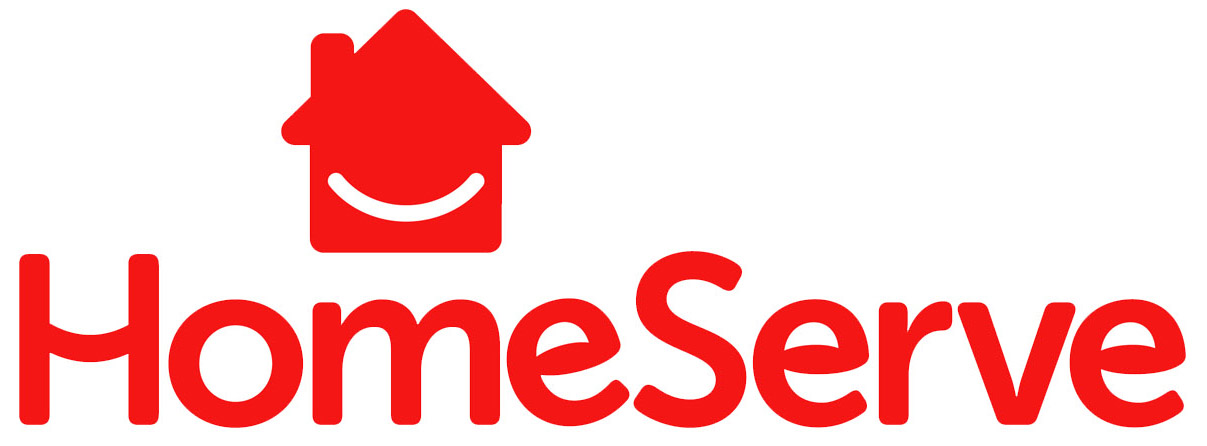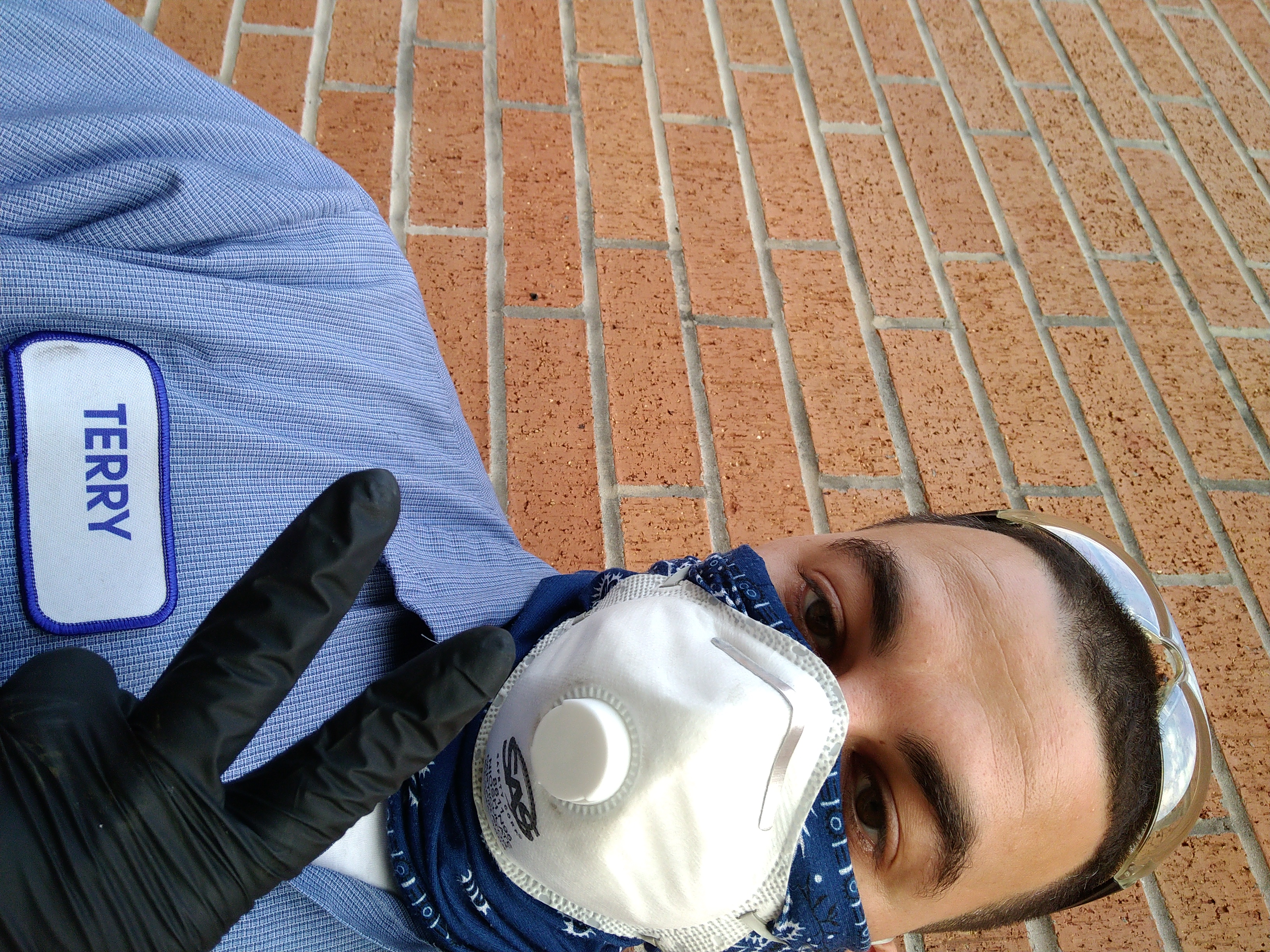 In these times of social distancing, we’re pre-paying for takeout, avoiding crowds and skipping visits with at-risk loved ones. But what can your customers expect when they need an emergency home repair and a technician must visit their home for emergency home repairs? HomeServe is working to maintain customer and contractor safety.
In these times of social distancing, we’re pre-paying for takeout, avoiding crowds and skipping visits with at-risk loved ones. But what can your customers expect when they need an emergency home repair and a technician must visit their home for emergency home repairs? HomeServe is working to maintain customer and contractor safety.
At HomeServe, we are continuing to provide essential emergency home repairs to our customers in a safe and responsible way. Our call center agents are working remotely to continue to field 60,000 calls a week, dispatching network contractors on 10,000 urgent emergency home repairs a week, even as many businesses are shut down. On these thousands of jobs, customer and contractor safety are the top priority.
Our agents are asking screening questions to determine whether someone in the household has been exposed to or has coronavirus. Those who are under quarantine and need an emergency repair are being handled by a specially trained and outfitted team.
We want everyone to be safe, so here are some tips for those who have skilled tradespeople coming into their homes:
- Avoid problems and DIY smaller ones if you can. Our blog is full of advice on how to address small projects like installing a thermostat, and one of the best ways to avoid plumbing problems is not treating the toilet as a trash can; only human waste and toilet paper should be flushed. Grease, wipes, paper towels and cigarette butts should never be flushed.
- Communicate by phone or text; discuss the repair in advance, and, if you need to follow up, do so by text, even if they’re in your yard or home. It may seem silly, but your technician will appreciate it.
- Before a technician enters your home, ask them what their social distancing protocol is and let them know if you or someone in your home is at risk or immune compromised. Agree to keep your distance from one another and forgo any handshaking.
- Offer to allow the technician to wash their hands at your sink. The skilled trades can be a dirty job and technicians frequently come into contact with bodily fluids. They ordinarily would hesitate to wash their hands at a client’s home, so take away the uncertainty and allow them to practice recommended hygiene.
- Ask about a digital payment. Money carries germs at the best of times, and we should all be keeping six feet apart.
What technicians should be doing:
- If the job isn’t urgent or impacting your quality of life, they may ask you to wait. Not only are we dealing with a pandemic, but many supply manufacturers are in China and Italy and some parts are difficult to come by. If this will impact your repair, they should let you know.
- They should let you know that they are healthy when they arrive at your home. This may seem awkward, but these are unusual times. At HomeServe, our technicians’ health is being monitored, and anyone showing symptoms is told to stay home.
- Technicians should be wearing PPE, or personal protective equipment, including a N95 mask and nitrile gloves, even under their work gloves.
- They should avoid touching surfaces as much as possible and wiping down those surfaces they must touch. In addition, they should avoid touching their face, eyes or nose as well.
- Don’t be surprised if you see them wiping down their vans or tools; the coronavirus can live for hours on hard surfaces, and this helps keep them and their coworkers safe.
- They should be washing their hands or using hand sanitizer; the International Association of Plumbing and Mechanical Officials is recommending even more frequent handwashing than usual for plumbers.
If we all work together and stay apart, we will get through these difficult times. Just remember, at HomeServe, we are at home for your home.

